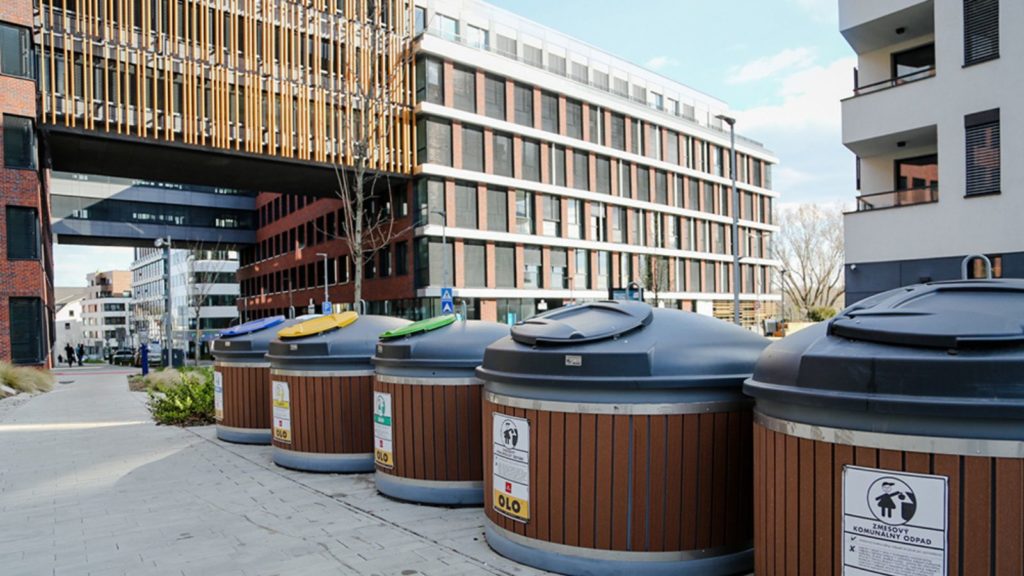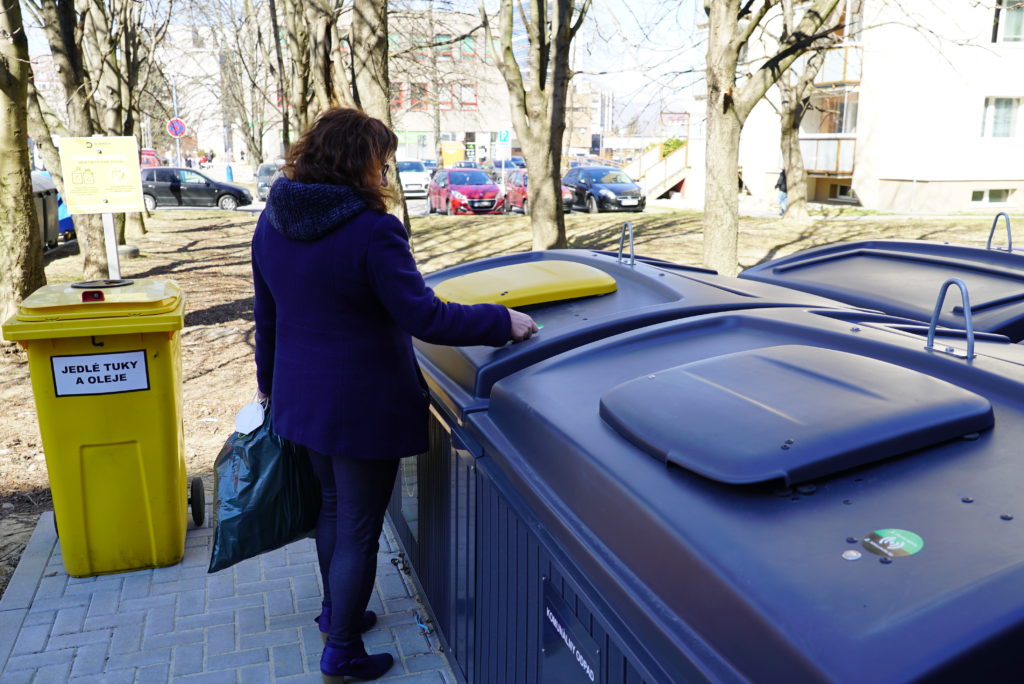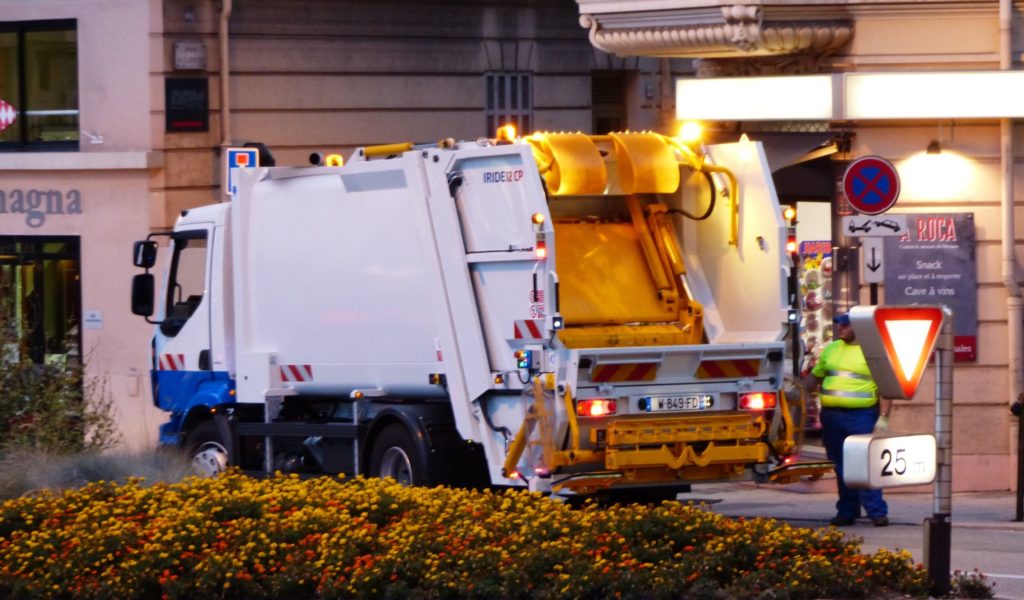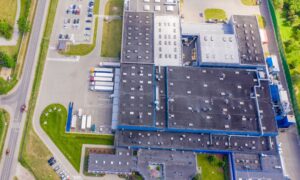Residential garbage service is a vital part of modern society, ensuring that waste is properly disposed of and reducing the risk of environmental pollution. However, there are many factors that go into residential garbage pickup and many ways in which this process can be improved.

One of the key factors in residential garbage pickup is the type of waste that is collected. This can include household garbage, recyclable materials, and yard waste, among others. Proper sorting of waste can help to reduce the amount of material that ends up in landfills and incinerators and can make it easier for local trash companies to process and dispose of waste in a safe and sustainable manner.
Another factor that impacts residential garbage pickup is the frequency of collection. Many waste collection companies offer weekly or bi-weekly pickup services, but this may not be enough in areas with high population density or heavy waste production. Increasing the frequency of pickup, or offering additional collection options such as composting or hazardous waste disposal, can help to reduce the amount of waste that accumulates in homes and on the streets. Frequency can also be dynamic with the use of a smart waste monitoring system.
Efficient collection methods are also crucial in residential garbage service. This can include using modern waste collection trucks with advanced technologies such as automated lift systems and compaction mechanisms. These trucks can collect more waste in less time, reducing the amount of time they spend on the road and minimizing fuel consumption and emissions.

In addition to technological advancements, local trash companies can also implement more sustainable practices in their operations. For example, they can prioritize the use of renewable energy sources in their fleet and facilities, and invest in waste reduction and recycling initiatives that benefit both the environment and the community.
Garbage collection can be a physically demanding job, requiring a great deal of strength and endurance. Operators must be able to lift heavy bags and bins, often repeatedly throughout the day. They must also be able to navigate tight spaces and difficult terrain, such as narrow alleys and steep hills.
Arguably one of the most important parts of a functioning waste collection system is the operators themselves. In addition to physical abilities, operators must also possess various other skills. They must be able to follow safety protocols and work with potentially hazardous materials. They must also have good communication skills, as they often interact with residents and other members of the community on a daily basis.

Despite the important role that they play in our society, garbage collection operators are often undervalued and underpaid. Many people take their work for granted, failing to recognize the effort and expertise that goes into residential garbage service. This is unfortunate, as operators are essential to maintaining the health and safety of our communities, and deserve to be recognized and compensated accordingly.
Ultimately, improving residential garbage pickup requires a collaborative effort between local trash companies, residents, and government entities. By working together to implement sustainable waste management practices and promote community education, we can ensure that our garbage is properly collected and disposed of in a way that benefits both our health and the environment.



